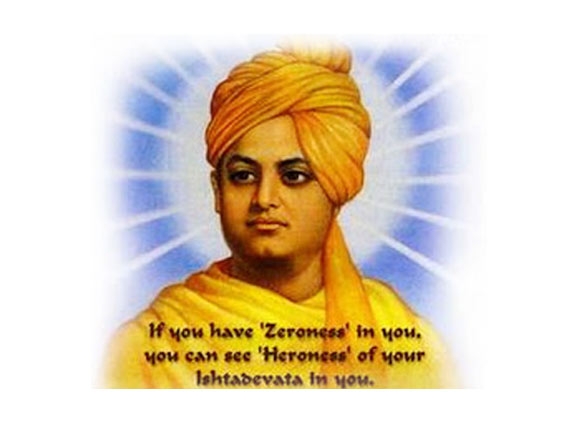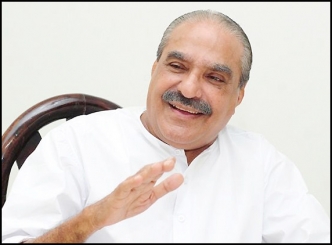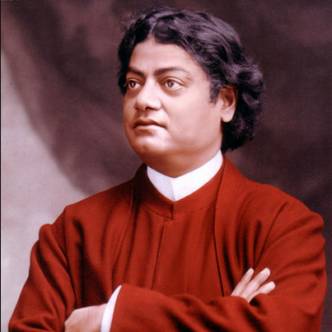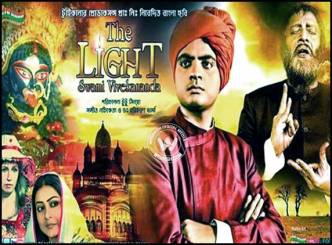Granite cot used by Swami Vivekananda, while at Trivandrum for cultural forum
January 10, 2012 11:49
`The Hindu man drinks religiously, sleeps religiously, walks religiously, marries religiously, robs religiously.’
The above wordings were the words of the great Indian Saint of our era. He set the global audiences spell bound with his discourses across the world. As India is gearing up with pride to celebrate the 150th birth anniversary of Swami Vivekananda, a rare granite cot, was given to the Bharathiya Vichara Kendram director and RSS ideologue P Parameswaran by descendants of famous scholar Manonmaniam Sundaram Pillai, in whose home (at Trivandrum) Swami Vivekananda slept on the cot. The owners believed that the Kendra would preserve the rich heritage souvenir for the future generations. The Kendra announced that the prized possession shall be taken out in a procession from its Karakulam home, where it lay the last 111 years on January 11, to the Kendra’s headquarters.
Swami Vivekananda was born in Kolkata on 12 January 1863. He toured all over Kerala in 1892, which was then under the Travancore Sansthan and reached Trivandrum. There he stayed for quite some time with his host, the famous scholar. Later he travelled to Kanyakumari and sat on the `last Indian Rock’ for meditation. Later this place became of historical interest and molded into Vivekananda Rock Memorial. During his stint at Kerala the Swamiji used to sleep on this granite cot
The Indian History dialect, as told by Swami Vivekananda is a pride to any Indian at any point of time. `Indian race never stood for wealth. Although they acquired immense wealth, perhaps more than any other nation ever acquired, yet the nation did not stand for wealth. It was a powerful race for ages, yet we find that the nation never stood for power, never went out of the country to conquer. Quite content within their own boundaries, they never fought anybody. The Indian nation never stood for imperial glory. Wealth and power, then, were not the ideals of the race. That nation, among all the children of men, has believed, and believed intensely, that this life is not real. The real is God; and they must cling unto that God through thick and thin.’ (AarKay)





















